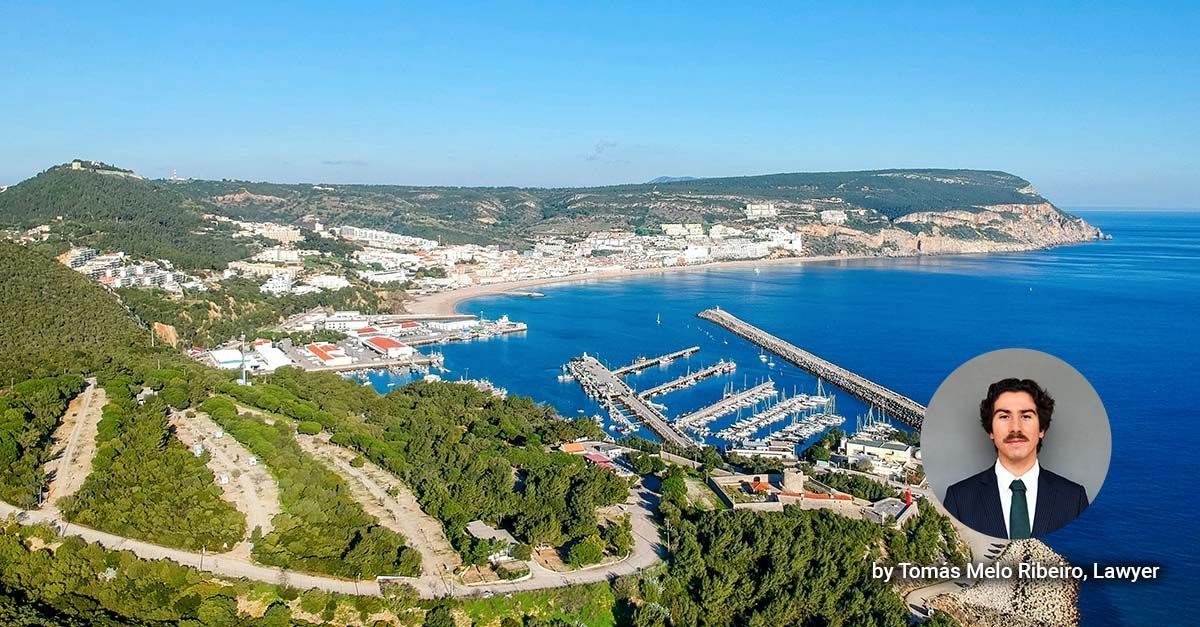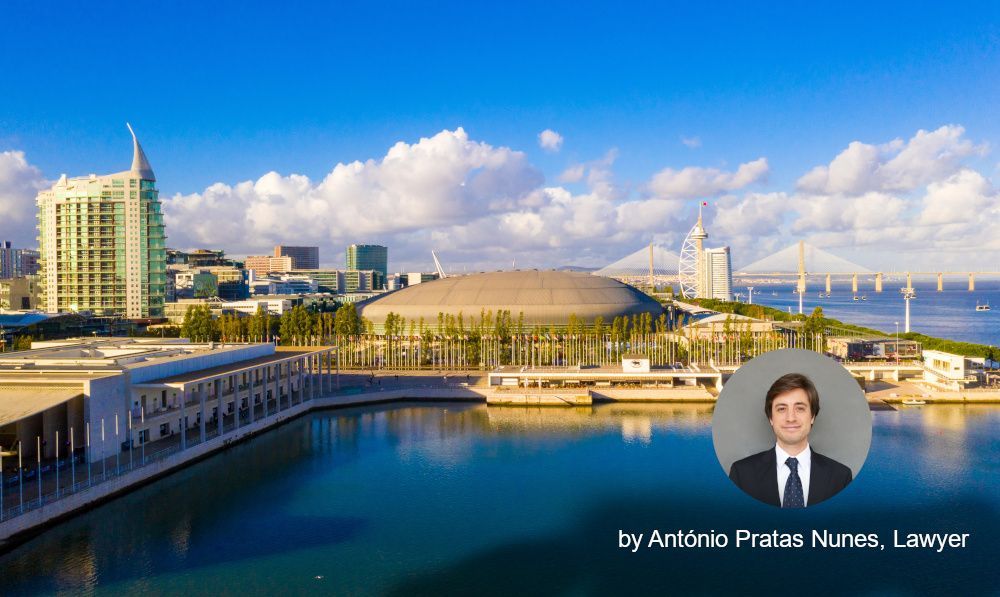Relocate to Portugal: Paths to obtain Residency in the country

Amélia Carvela | Immigration Consultant
As a country with a rich history of embracing diversity and welcoming people from around the world, Portugal offers a wide range of visas and residence permits to foreign nationals looking to relocate. Whether you are seeking a tranquil environment to explore, start a family, or retire in, Portugal's friendly and warm atmosphere makes it an ideal destination. The country's immigration policies are designed to provide flexibility and ease of access for foreign nationals, with various options available depending on your individual circumstances and needs.
Widely known for the Golden Visa programme, Portugal has hit high immigration records in the past months with the D7 Visa as well as the recent Digital Nomad Visa. But not only those who have passive income or work remotely have the possibility to relocate to Portuguese soil.
Non-EU citizens who wish to move to Portugal can apply for a residency visa, commonly referred to as the "D" visa, for the following purposes:
D1. Subordinate work activity
Foreigners who accept an offer of employment in Portugal, must present the work contract/promise or demonstration of interest. Additionally, if the profession is regulated in Portugal, the candidate must provide a professional certificate.
D2. Independent work activity or migrant entrepreneur
This type of visa is designed for: 1) Independent professional activity, and the candidate must present a contract or a written services provider proposal for liberal professions (for example, lawyers); 2) Entrepreneurs have to prove the execution of investment operations, or, at least, the intention to invest in Portuguese territory, and; 3) Startups. This final category is integrated in the Startup Visa Programme, and requires an incubation contract with a certified incubator in Portugal.
D3. Teaching, highly qualified and cultural activity
Depending on the activity, this type of visa allows foreigners to come to Portugal with, for example, a work contract, or an invitation letter issued by a higher education institution or an institute developing a relevant cultural activity in the Portuguese territory. If the citizen is to come to Portugal to exercise a subordinate highly qualified activity, it is not only necessary to prove the work relationship, but also the work contract has to reflect a salary of 1,5 times the annual gross salary.
D4. Research, study, student exchange, internship and volunteer work
The criteria in this type of visa is similar to the remaining visas – proof of an existing relationship between the citizen and the welcoming entity. Thus, researchers need to present a work contract or a letter of acceptance from the research centre; minors under an exchange program will need, not only the admission, but also an authorization from the legal guardians; regarding internships, only certified host institutions can offer this opportunity to foreign citizens, and, finally; for volunteer work purposes, the host entity has to subscribe a civil liability insurance for the volunteers, being requested by the Immigration Authorities as a main requirement for acceptance.
D5. College or University studies
This visa is currently incorporated in the D4, however it is meant for higher education students who seek to be in Portugal to further their studies, and to do so they have to present the admission to the educational facility.
D6. Family Reunification
The family reunification is a right granted to not only Portuguese citizens, but also non-Portuguese citizens who have a residence permit in Portugal. This means that as long as a citizen has his/her legal residency in order, his/her spouse, dependent children and first-degree ascendants are entitled to move to Portugal under the family reunification visa. Furthermore, the family reunification visa to be granted to the legally recognized non-marital partner of the resident.
D7. Retirement, passive income or religious purposes
The D7 Visa has been the most common and famous type of visa since the Golden Visa alterations last year. With time it was necessary to clarify some undetermined concepts such as passive income, so, instead, now, this visa is applicable to those “living out from personal revenue”, i.e., revenue from movable and immovable property, intellectual or financial assets like dividends, investment portfolio, etc. Citizens who wish to retire have to present a document certifying retirement amount, such as a pension letter, pension statements, tax return with pension information, and so on. Finally, when moving to Portugal for religious purposes, the church or religious community to which the foreign citizen belongs has to certify the applicant’s status as minister of worship or as a member of an institute of consecrated life.
D8. Remote work
Since the latest alteration to the Portuguese law, digital nomads are now welcome to come to Portugal to work remotely and enjoy the country. To prove that a citizen is a digital nomad, she/he has to present the work or service contract, and prove an average monthly income earned in the last three months of at least four guaranteed minimum monthly salaries (€760x4= €3.040,00).
Besides these options, it is also possible for non-EU citizens to apply for a temporary residence permit for accompanying a family member applying for a residence visa, to seek a job and to invest. Although according to the recent Government announcements, the Golden Visa program is under analysis, and possibly facing its end in a near future.
It is necessary to understand that all visas mentioned above are the first step to request a residence permit, which means that after the instruction of the process in the Portuguese Consulate or Embassy, the applicant needs to attend an in-person appointment at the Immigration Services in Portugal to provide his/her biometric data (fingerprints, photograph and signature).
Nevertheless, it is possible in certain visas, like the D2, for the citizen to apply for the residence permit already in Portugal, and excluding the first step, i.e., the visa application.
On a final note, almost all residence permits require the obtention of a Portuguese Tax Identification Number (NIF), a bank account, and a long-term accommodation. These requirements reflect Portugal’s intention to guarantee the compliance with the stay requirements – by law the holders of a Portuguese residence permit cannot be absent from Portugal for more than 6 months straight, and 8 months (in total) during the 2 initial years of the permit’s validity. These requirements can be subject to exceptions, when dully justified.
If you have further questions regarding this matter, get in touch with us and she will be delighted to assist you.











